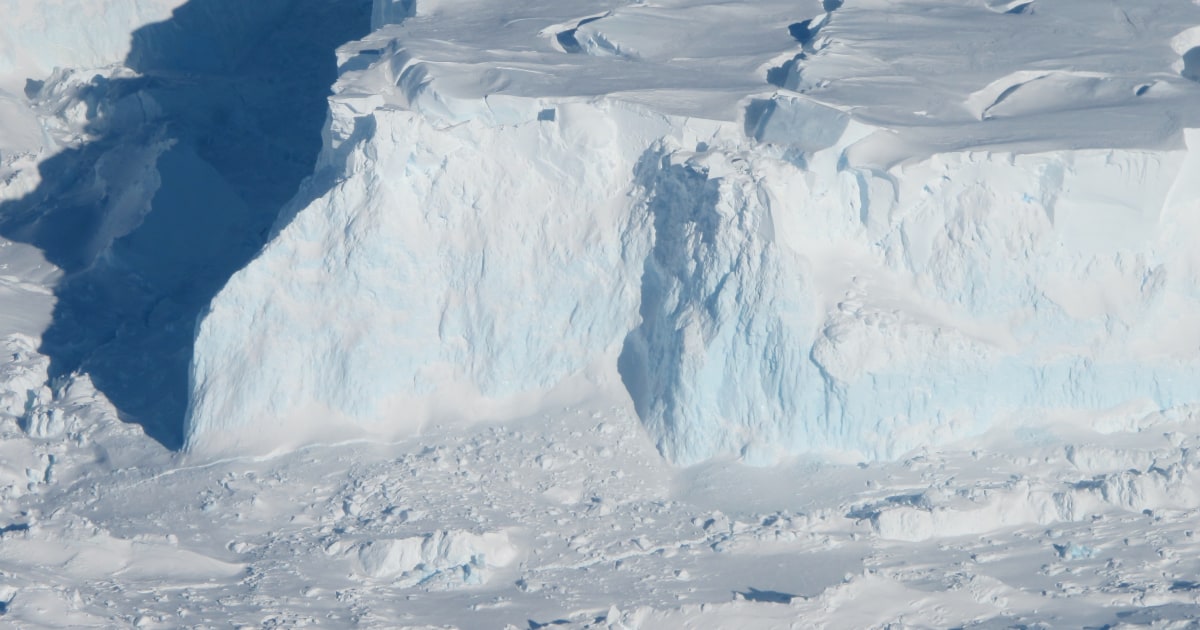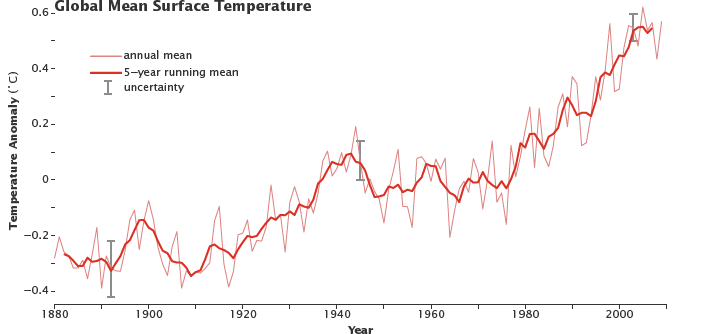Elixir
Made in America
In the news tonight. There are upsides. You will be bale op dock your boat at your Manhatten condo.
No doubt about it, changes are common that make the pandemic disruptions look like a small sneeze.

Likely collapse of world’s widest glacier could be catastrophic for sea levels, research finds
Thwaites, the widest glacier in the world, has doubled its rate of melt in the last 30 years, a researcher said.www.nbcnews.com
An Antarctic ice shelf could crack and disintegrate within the next decade, allowing a Florida-size glacier to slide into the ocean and raising sea levels by feet, scientists warned Wednesday.
A dramatic chain reaction in the ice could occur by 2031, starting with the Thwaites Glacier, said Erin Pettit, a professor at Oregon State University who studies glacier and ice sheet dynamics.
The glacier, a river of flowing ice, is blocked from falling into the sea by the eastern ice shelf, which sits atop an underwater mountain and is disintegrating.
Yeppers, the collapse of the ice shelf will foretell the end for cities like Miami. But it will take decades for the glacier to reach the sea and cause the estimated ten foot rise in sea levels.

